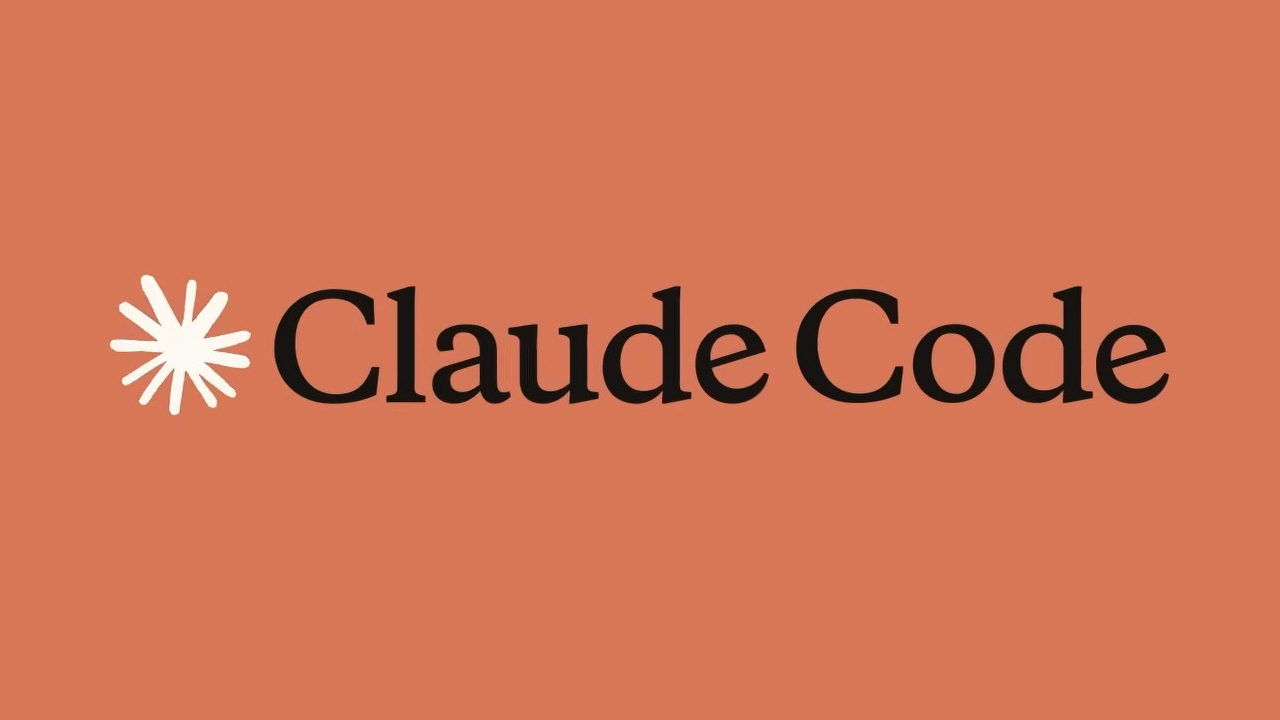Auth0 Email Internationalization: The Challenge of Multilingual Templates
Auth0 multilingual email management and authentication template internationalization represent a major challenge for developers. Between email translation, HTML template validation, language fallback management, and integration across different environments, i18n projects quickly become complex.
To solve these Auth0 internationalization challenges, I developed the Auth0 International Email Generator¹. This TypeScript CLI tool automates multilingual email template generation with integrated validation, fallback systems, and complete configuration for international authentication.
How does it work?
Quick installation and setup
# Clone the repo
git clone https://github.com/Lingelo/auth0-international-email.git
cd auth0-international-email
# Install dependencies
yarn install
# Interactive project setup
yarn init
Multilingual Configuration and i18n Internationalization
The internationalized configuration in config.json handles all aspects of i18n for Auth0:
{
"supportedLanguages": ["en", "fr", "es", "de", "pt"],
"defaultLanguage": "en",
"fallbackStrategy": "cascade",
"templates": {
"welcome_email": {
"fromAddress": "hello@myapp.com",
"subjectKey": "welcome.subject",
"i18nEnabled": true
},
"password_reset": {
"fromAddress": "security@myapp.com",
"subjectKey": "password.reset.subject"
}
}
}
If an Auth0 email translation is missing, the intelligent language fallback system automatically switches to the default language. No more broken authentication emails in production!
Automatic generation and validation
Secure Liquid Templates for Internationalization
The Auth0 template generator uses Liquid (Shopify’s template engine) to create secure internationalized emails. This approach avoids vulnerabilities like eval():
<h1></h1>
<p></p>
<p></p>
<footer></footer>
Each multilingual email template benefits from automatic internationalization with user variable management.
Triple validation
Before generating, the tool checks:
- Valid HTML: Correct structure, no broken tags
- Correct Liquid: Syntax and variables OK
- Complete translations: All keys exist in every language
# Validate entire project
yarn validate
# Generate final templates
yarn generate
Interactive CLI and developer experience
Modern interface with Inquirer
The tool asks the right questions and generates the config automatically:
? Which languages to support? (en, fr, es)
? Welcome email? (welcome_email)
? Sender address? noreply@myapp.com
? Base template? Select a template...
Complete dev integration
- ESLint + Prettier: Automatic clean code
- Jest: Unit tests for validation
- TypeScript: Strict typing, no runtime errors
- Fast build: 4 parallel workers
# Complete dev workflow
yarn lint # Check code
yarn test # Run tests
yarn build # Compile everything
Generated template structure
File organization
After generation, you get this in dist/output/:
dist/output/
├── welcome_email_en.html
├── welcome_email_fr.html
├── welcome_email_es.html
├── password_reset_en.html
├── password_reset_fr.html
└── translations/
├── en.json
├── fr.json
└── es.json
Templates ready for Auth0
Each template is directly usable in Auth0:
<!-- welcome_email_fr.html -->
<!DOCTYPE html>
<html lang="fr">
<head>
<meta charset="UTF-8">
<title>Welcome !</title>
</head>
<body>
<h1>Hi 👋</h1>
<p>Your account is created, you can log in!</p>
</body>
</html>
Plugins and extensibility
Modular plugin system
You can easily extend functionality:
// config.json
"plugins": [
"html-validator", // Validate HTML
"minifier", // Minify code
"asset-optimizer", // Optimize images
"analytics-tracker" // Track usage
]
CI/CD integration
Perfect for GitHub Actions or GitLab CI:
# .github/workflows/emails.yml
- name: Generate templates
run: |
yarn install
yarn validate
yarn generate
- name: Upload to Auth0
run: |
# Script to upload templates
./deploy-to-auth0.sh
Real-world use cases
Complete multilingual app
Say you have an app with French, English and Spanish users:
- Initial setup:
yarn initand configure your 3 languages - Translations: Fill JSON files in
translations/ - Templates: Create your Liquid templates in
templates/ - Generation:
yarn generateproduces all emails - Auth0 upload: Copy-paste into your Auth0 dashboard
Team workflow
# Backend dev sets up project
yarn init
# Designer creates HTML templates
vim templates/welcome_email.liquid
# Translator fills JSON files
vim translations/fr.json
# Generate and test
yarn generate
yarn test
# Deploy to prod
git commit -am "feat: new multilingual emails"
Why use this?
Huge time savings
No more manual copy-pasting of emails into Auth0. No more forgotten translations. No more broken emails in prod.
Before: 2-3 hours to add a language
After: 10 minutes to generate all templates
Maintainable code
- Version control: Your emails are in Git, not lost in the Auth0 interface
- Review process: Changes go through PRs like the rest of your code
- Automatic tests: Impossible to deploy broken templates
- Complete history: You see who changed what and when
Organized team
- Role separation: Dev = structure, Designer = HTML, Translator = content
- Automatic validation: No need to check manually
- Live documentation: The config explains everything
Conclusion: Master Your Auth0 Email Internationalization
The Auth0 International Email Generator revolutionizes multilingual authentication email management. This TypeScript + CLI + Liquid solution dramatically simplifies Auth0 template internationalization while ensuring security and maintainability.
For teams facing Auth0 i18n challenges, this internationalization tool offers:
- Automatic generation of multilingual templates
- Integrated validation of translations and syntax
- CI/CD integration for professional workflows
- Intelligent language fallback to prevent errors
Investment: 10 minutes setup
Return: Hours saved on every new template or added language
An essential solution for any project requiring robust international authentication.
Sources
- Auth0 International Email Generator - GitHub Repository - Angelo Lima
- Auth0 Email Templates Documentation - Auth0 Official Documentation
- Liquid Template Language Documentation - Shopify
- TypeScript Project Configuration Best Practices - TypeScript Team
- Node.js CLI Best Practices - Liran Tal


